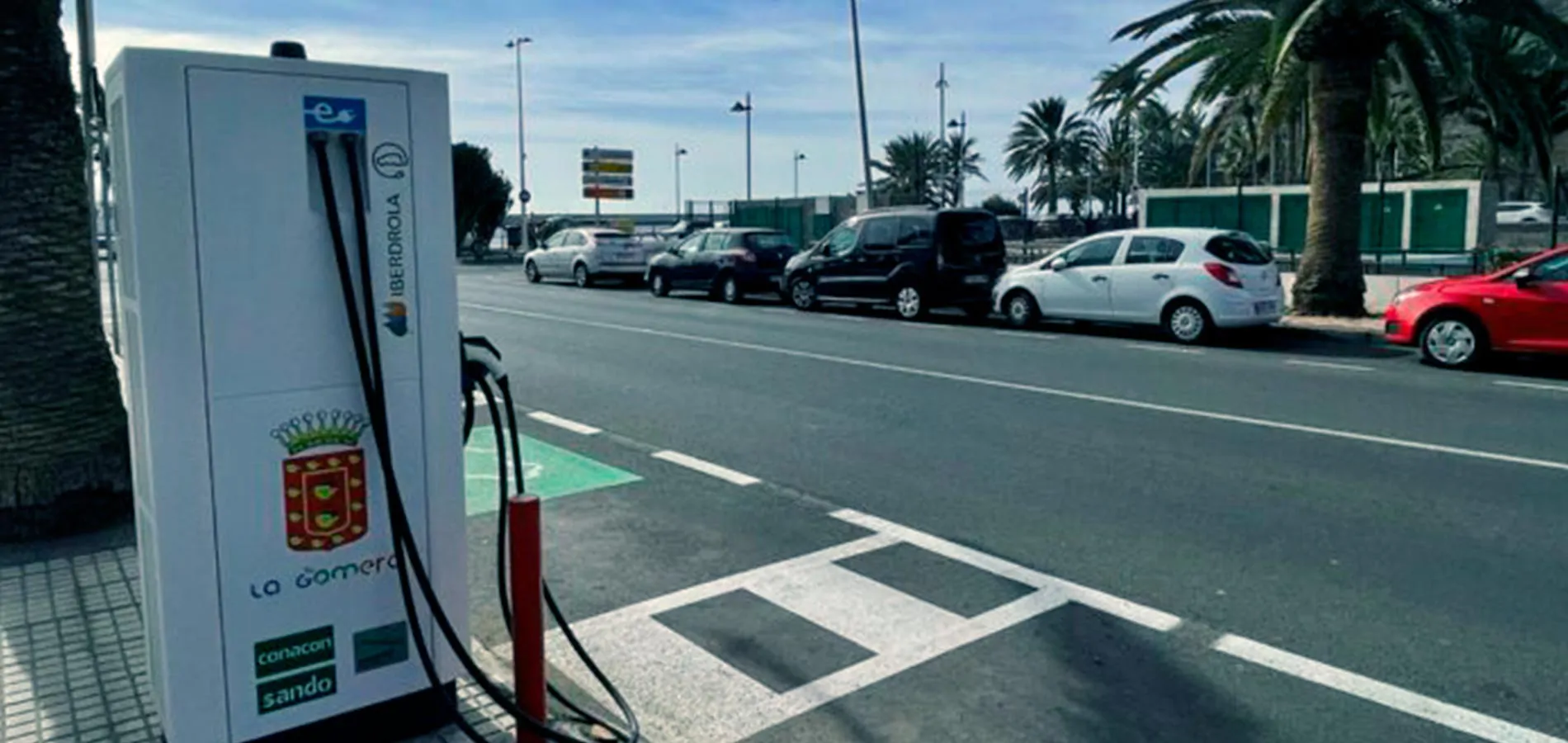The importance of public and private transport as an economic sector and its weight in energy consumption and emissions make it one of the main axes of public policies if economic (competitiveness), environmental (GHG emissions) and energy (security of supply)
On the environmental side, to achieve the European targets of zero net emissions by 2050, the transport sector must undergo a significant transformation: no longer being the primary source of energy consumption in the economy and abandoning its dependence on fossil fuels by more than 90%. In Spain, transport consumes 42% of total national energy. In particular, the share of the automotive sector (passenger cars) is 17%.
Given the enormous environmental impact of transport, promoting electric vehicles is one of the essential ways to decarbonise the transport sector and achieve a sustainable energy transition.
Light-duty vehicles, buses and trucks can all be efficiently electrified. Therefore, the commitment to the electrification of transport offers several advantages:
The commitment to electric mobility fosters the creation of new sustainable business models that benefit society. Since the emergence of shared mobility services in urban environments, such as scooters, bicycles, cars or motorbike sharing, creates new jobs while reducing traffic congestion. They also provide citizens with an intermodal public transport solution without the need for significant investment by local councils.
To effectively achieve electric mobility, it is vital to have a network of recharging points to enable progress in the use of electric vehicles and the development of all the areas surrounding this sector. As a result of this need, a new business model is emerging around charging infrastructures. This new market did not exist until now.
As a company specialising in energy, Conacon Sando has carried out energy efficiency works in various fields, including charging points, and provides maintenance services for charging points for electric vehicles.. These projects include the island network of electric vehicle charging points on the island of La Gomera and the medium-voltage supply installations in Laguna Grande. As well as various tenders carried out for public and private organisations.
Aware of the potential of the deployment of plug-in electric vehicles (CEPV) to achieve the commitments set for 2050 by the European Union and the Spanish government, Conacon Sando offers specialised solutions such as installing electric chargers. Through Power Purchase Agreements (PPA) with electricity distributors and retailers, we have established, operated and maintained dozens of electric vehicle charging points that can be connected to a 100% renewable electricity supply.

recharging points for plug-in electric vehicles
Contributing to the new electric mobility
Recharging points for plug-in electric vehicles
We offer specialised electric mobility solutions to contribute to the decarbonisation of the economy.
From the business branch of Conacon Sando specialising in energy, we offer electric mobility solutions that integrate the installation, operation and maintenance of recharging points for plug-in electric vehicles, adapting to the specific needs of each public authority or organisation.